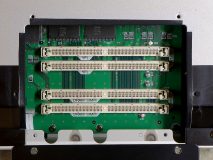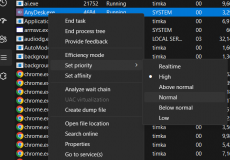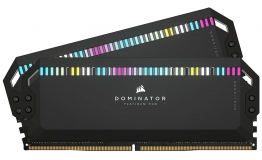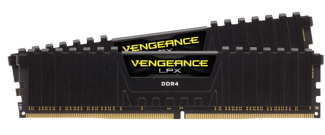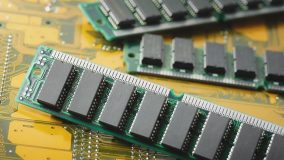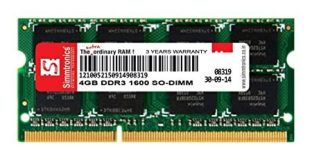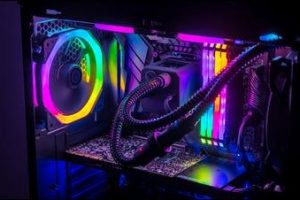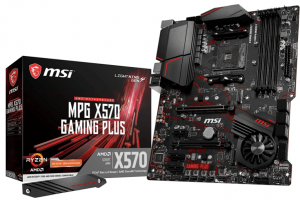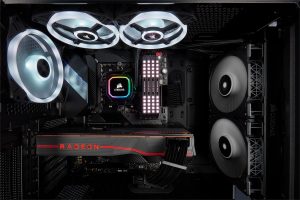The attempts to enhance the performance of a computer have always taken priority. That is precisely why we have been witnessing the growth of several dual components and dual capabilities on computer devices. But can you use two motherboards on a computer? Let us try finding out.
Can You Use Two Motherboards on A Computer?
Practically speaking, NO. You cannot use two motherboards on a single computer. However, if you have a case that is large enough, you can put in two motherboards and use your technical know-how to connect the peripherals to them, but the two of them will begin performing as separate computers.
Two motherboards on a single computer would make it appear like a server. Bunching together two computers will not make them one computer. In fact, Super Computers can be an excellent example in this context. They are actually bunches or clusters of different computers that work in tandem with one another and work as one unit.
How to Connect Two Motherboards in One PC?
If you are looking to get two motherboards working as one single computer, you are out of luck. Even when you can add up two motherboards into one computer, you cannot run them as one single unit. They will operate as a server or a cluster.
While that may appear to be much simple and easy to connect two motherboards to a computer, it is a complex technical thing. Something that is not much easy to work with, and at times it may even be impossible.
Don’t lose heart as yet. There is nothing that can stop you, theoretically speaking, from letting you connect two motherboards to one PC. You can connect the USB from one motherboard to another and get them interconnected. Or you may also be able to reroute the PCIe lanes to the other motherboard by providing interconnectivity. However, whenever you attempt the computer from the other motherboard, you will need a new custom BIOS for initializing the chipset. This would need the lines to be matched with millimeter accuracy, and it may even be impossible to undertake proper rerouting.
Then comes the issue of electrical connectivity. Given the possible hazards with the electrical connection, it may be a good idea not even to touch it. If you connect the voltage pin to the ground directly or even a high-voltage plane to a lower-voltage plane, you may end up destroying the motherboard. It can even damage PSU in many cases. You may even end up with a fire in extreme cases.
In essence, every motherboard needs its own CPU, RAM, power system, and other components, without which it can not run. That would mean having two motherboards will practically and literally mean having two computers. Even when you have them inside the same case, they will continue behaving like two separate computers.
Dual Computer Setup With 2 Full Motherboards in One Case -The Practical Solution
It is not at all possible to use two motherboards inside one single computer, as we have already found out. However, there are times when you may be looking forward to a dual PC system within one case. If you are a streamer or someone who needs to share desks with a business partner or an associate, you will indeed need a dual motherboard PC in a single case to assist in resolving the issues.
To begin with, it is quite hard and tough to find a case that can work well with two motherboards. This case belongs to an enthusiast niche, and it may not be that easy to find a case that much easier. Yet another aspect that you need to take complete care of is to understand that there are not many people who can handle it that easily enough. Being an enthusiast-level build, the configuration would need a lot of effort, experience, and knowledge on your part. You need to be extremely knowledgeable in picking the right parts for the computer. You may need to look for a PSU that can handle two builds simultaneously. Striking the right balance between power consumption and power usage can be one of the prime factors that need absolute attention.
Best Dual System PC Cases That You Can Try Out
If you are into building PCs and trying to find the best dual-system PC cases for your new PC building experience, it would be advisable to go with the right set of PC cases that can help you handle the task more effectively and efficiently.
What is a Dual-system PC Case?
A dual-system PC case is simply a PC case that can handle two separate computer systems in one case. If you are looking to connect two motherboards to one PC, choosing the right PC case with dual system functioning should work best.
Most dual-system computer cases come with the option of fitting two motherboards. They can be large enough to allow two motherboards with their own power systems, storage, and other components. The dual system PC cases can be a good option for those among you who need to work on different systems throughout the day as part of your work. This can be helpful in switching between the systems rather than easier.
Phanteks Evolv X
The dual system PC case comes with a huge number of advantages and benefits that would suit a PC built with two motherboards. It does come with a sturdy build that you can further make stand apart from the rest.
A few of the features that you stand to gain with the Phantex Evolv X can be summed up as:
- It comes with a full-sized tower case along with two PSU slots
- The case supports two motherboards viz one ATX and one micro ATX
- You will find it offering perfect cable management.
- The RGB lighting options
- It can house up to 12 SSDs or 11 HDDs
- A great-looking minimalistic appearance.
Phanteks Enthoo Luxe 2
The Phanteks Enthoo Luxe 2 is yet another Phantex case that has been quite popular among the best dual-system PC cases. It has been considered to be one of the high-end choices for dual system compatibility and support.
A few salient features that you may find much enticing can be summarised as:
- Multiple motherboard compatibility
- Improved air pressure and noise reduction capabilities
- A feature-packed middle tower option
- Options for strategic cutouts for routing cables and two separate channels
Corsair OBSIDIAN 1000D
The Corsair OBSIDIAN 1000D is next on our list of the best options for the Dual computer setup with 2 full motherboards in one case. A huge name in the industry for the high-end performance par excellence, the new dual system PC case from the brand has been a good choice by several counts.
Some salient features that you may find unique would include:
- Top-end cooling options
- A great-looking aesthetics
- Highly modular design
- Ability to fit multiple 360/420/480mm radiators, with swappable fan mounts
FAQs On Using Two Motherboards in One Computer
The Concluding Thoughts
If you are looking to use two motherboards in one PC, it may appear to be a very simple and easy option from the theoretical point of view. However, from a practical point of view, it may not be feasible. By having two motherboards inside a single case, you can have a cluster or a server. The two motherboards will work independently of each other.

